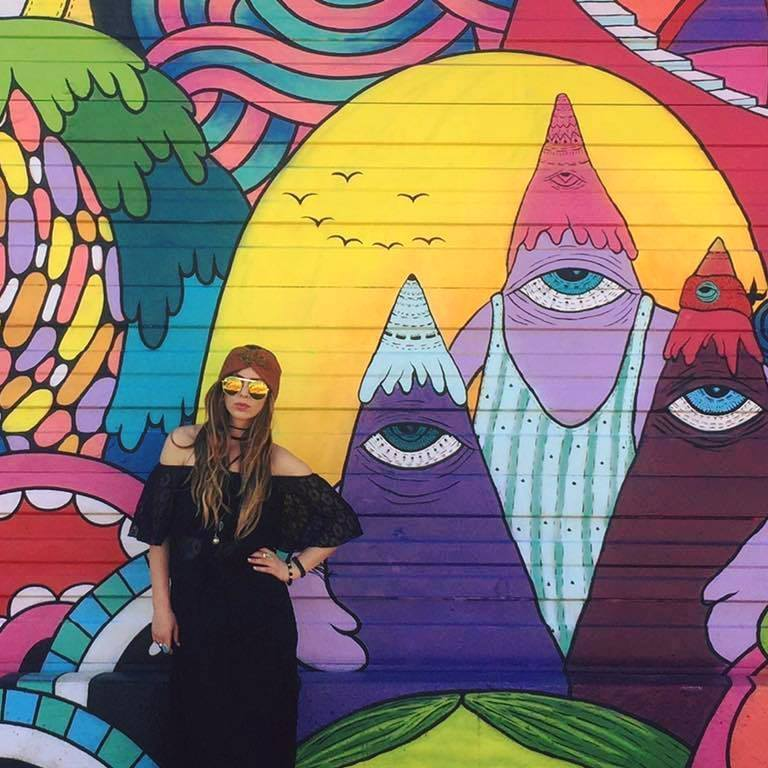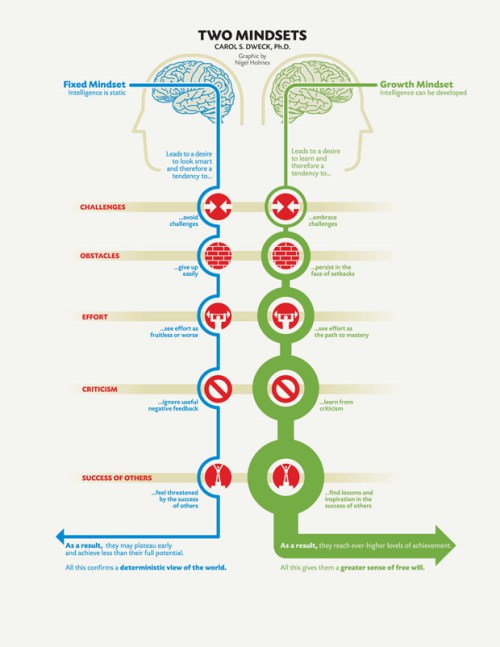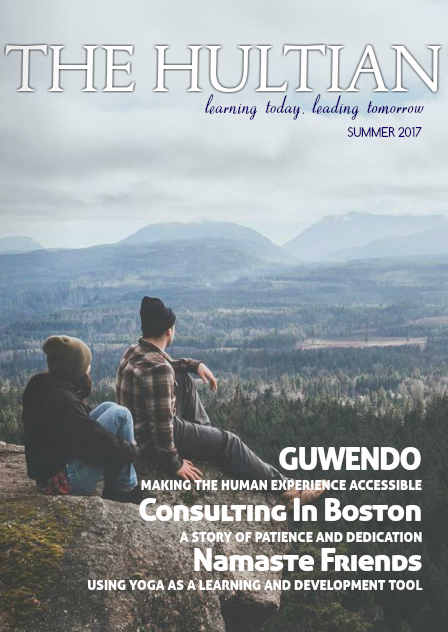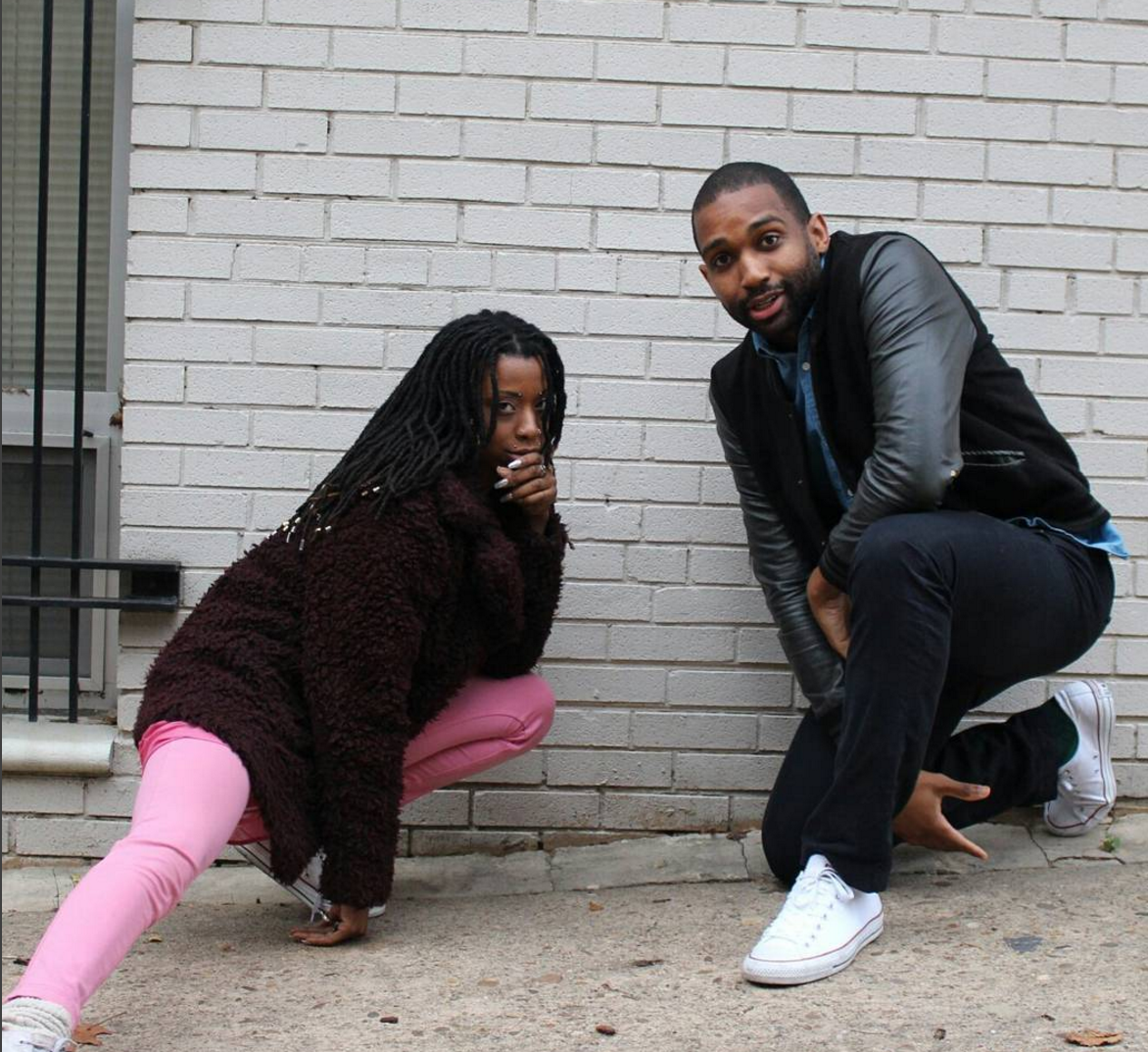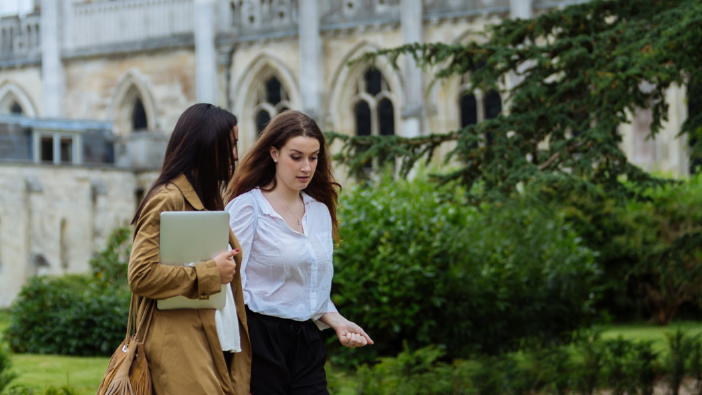This article originally ran in our Summer 2017 Magazine,
check our archives on the website or the following link to see the publication.
By Govindan K., Deputy Publisher with Packt Mumbai
How many times have you heard, “Find that thing you love, do it for the rest of your life, and be happy”? Absolute nonsense if you ask me.
I believe that the key to happiness is finding three things that you are passionate about. One for self-Actualisation, one Business plan, and one for Conditioning your body.
Let’s start with B. Your B plan is the passion that will get you money. This one is important because it will feed the other two. Now, if you think having what you love as a job is the best thing that can happen to you, read what Mike Rowe has to say. The bottom line is, know that this need not be something you absolutely love doing all day long, it is something that you love just enough.
A is the most important. This one will help you jump straight to the top of Maslow’s pyramid. Find that one thing that you truly love doing for fun. I like writing (duh!); it is the one thing that I do to keep me sane. You will have something of the sort too; playing the guitar, sketching…anything. And the best part is, you don’t even have to be good at it!
Conditioning your body is the third and final part of the puzzle. Last week, a friend and I had a conversation about how it is harder to find healthy food. Shouldn’t it be the other way around? Unfortunately, it isn’t, and you have to put in some extra effort to stay healthy. So make sure that you eat right (follow the rule of thirds) and set some time aside for exercise.
How does all this lead to happiness? A will help you become the most you can be. B will put food on your plate, a roof over your head, and pay for the things you want. C will help you stay in shape to do the other two.
And oh, these three need not stay the same. They can change as and when your interests change. But incorporate all three in your life; the rule of thirds is valid here too.



